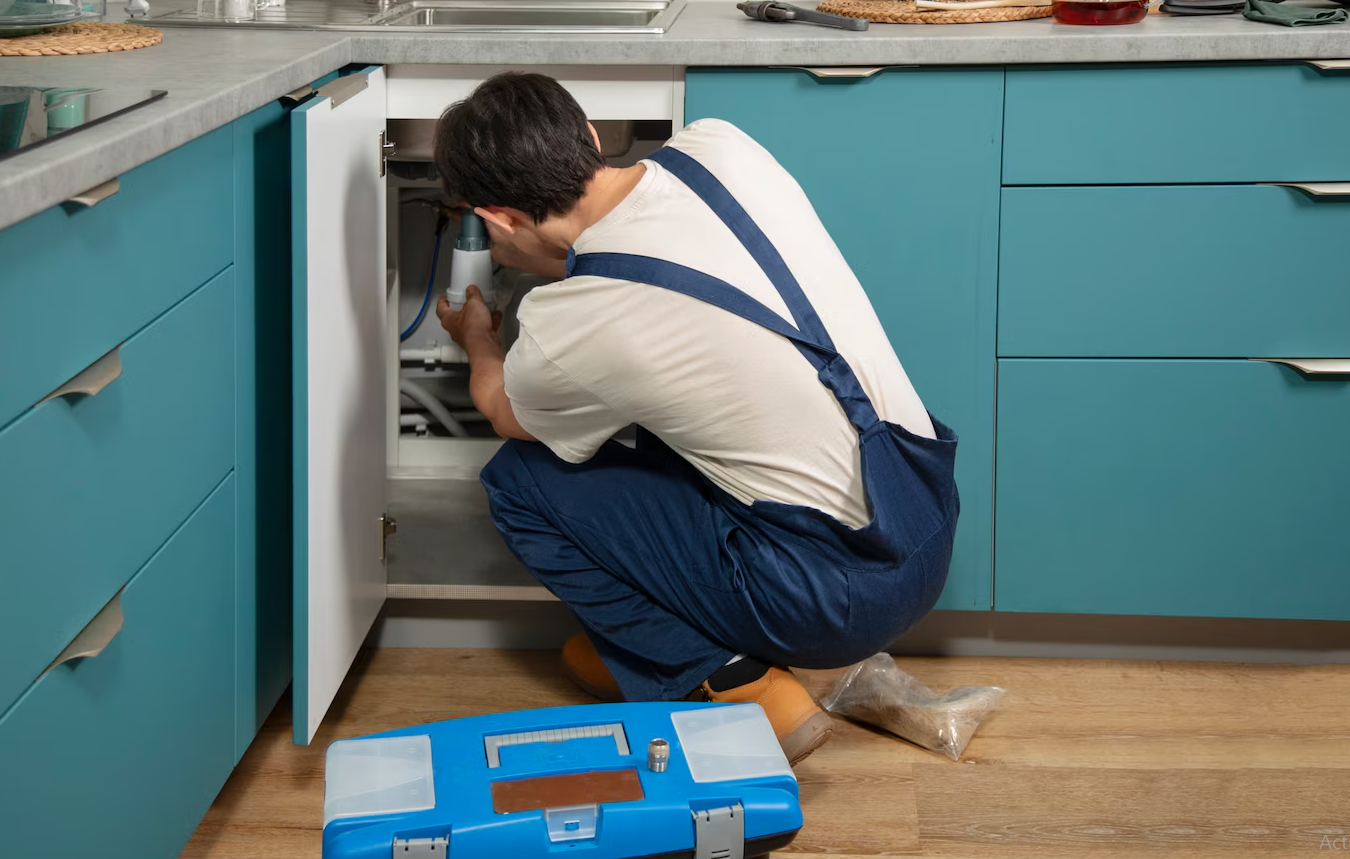A refrigerator that runs constantly can be a source of frustration, not to mention a drain on your energy bill. Whether you’re dealing with a residential or commercial unit, the root causes of this problem can be similar, and the solutions can be straightforward if you know what to look for. In this comprehensive guide, we will walk you through the common reasons why your refrigerator might be running non-stop and how you can address them effectively.
Understanding the Basics
Before diving into the troubleshooting process, it’s essential to understand how a refrigerator works. Refrigerators, both residential and commercial refrigerators, operate on a basic principle: they use a refrigerant to absorb heat from inside the unit and release it outside. When the system is functioning correctly, it cycles on and off as needed to maintain the set temperature.
When a refrigerator is constantly running, it indicates that the unit is struggling to reach or maintain the desired temperature. This continuous operation can be due to several factors, ranging from minor issues to more complex mechanical problems.
Common Causes and Solutions
Faulty Door Seal (Gasket)
The door seal, or gasket, is crucial for maintaining the internal temperature of your refrigerator. If the seal is damaged or not sealing properly, warm air can enter the unit, causing it to run continuously.
Solution: Inspect the door seal for any cracks, tears, or deformities. Clean the seal with warm, soapy water to remove any debris or food particles that might be preventing a proper seal. If the gasket is damaged, replace it. Ensure the new gasket is installed correctly to form an airtight seal.
Dirty Condenser Coils
Condenser coils, typically located at the back or bottom of the refrigerator, dissipate heat from the refrigerant. If these coils are dirty or covered in dust, they can’t release heat efficiently, causing the refrigerator to run longer.
Solution: Unplug the refrigerator and locate the condenser coils. Use a vacuum or a coil brush to remove dust and debris. Clean the coils every six months to ensure optimal performance.
Inadequate Air Flow
Proper airflow is essential for a refrigerator to function efficiently. Blocked vents or overcrowded shelves can restrict air circulation, making it harder for the unit to cool down.
Solution: Ensure that food items do not block the vents inside the refrigerator and freezer compartments. Rearrange the contents to allow for adequate airflow. Avoid overloading the refrigerator with items, as this can impede circulation.
Faulty Thermostat
The thermostat controls the temperature inside the refrigerator. If it’s malfunctioning, it might not signal the compressor to turn off, causing continuous operation.
Solution: Test the thermostat by setting it to different temperatures and listening for a click, which indicates it’s working. If there’s no click or if the temperature isn’t adjusting, the thermostat might need to be replaced.
Defective Defrost Timer
The defrost timer controls the defrost cycle in the refrigerator. If it’s defective, it can prevent the unit from defrosting properly, leading to frost build-up and continuous running.
Solution: Locate the defrost timer, typically found behind the refrigerator or inside the control panel. Manually advance the timer to initiate a defrost cycle. If the refrigerator stops running, the timer is likely defective and needs to be replaced.
Malfunctioning Evaporator Fan
The evaporator fan circulates air over the evaporator coils and throughout the refrigerator. If it’s not working correctly, the refrigerator can’t maintain the proper temperature, causing it to run continuously.
Solution: Listen to the evaporator fan’s operation when the refrigerator is running. If you don’t hear it, the fan motor might be faulty. Check for any obstructions around the fan blades and ensure they’re spinning freely. If the motor is defective, replace it.
Incorrect Temperature Setting
Sometimes, the simplest solution is the most overlooked. Check if the refrigerator is set to an appropriate temperature. The recommended setting for the refrigerator is around 37°F (3°C) and 0°F (-18°C) for the freezer.
Solution: Adjust the temperature settings to the recommended levels. Avoid setting the temperature too low, as this can cause the refrigerator to work harder and run continuously.
Leaking Refrigerant
A refrigerant leak is a serious issue that can cause your refrigerator to run non-stop. Low refrigerant levels mean the unit can’t cool effectively, leading to continuous operation.
Solution: If you suspect a refrigerant leak, it’s best to call a professional technician. Refrigerant handling requires specialized skills and tools, and improper handling can be hazardous.
Preventative Maintenance
Preventative maintenance is key to ensuring your refrigerator operates efficiently and avoids continuous running. Here are some tips to keep your refrigerator in top shape:
- Regular Cleaning: Clean the condenser coils and inspect the door seals regularly.
- Proper Placement: Ensure your refrigerator is placed away from heat sources like ovens or direct sunlight.
- Adequate Ventilation: Leave enough space around the fridge for proper ventilation.
- Routine Inspections: Regularly check the thermostat, defrost timer, and evaporator fan for any signs of malfunction.
When to Call a Professional
While many refrigerator issues can be resolved with basic troubleshooting and maintenance, some problems require professional intervention. If you’ve tried the above solutions and your refrigerator is still running continuously, it might be time to call a technician. This is especially important for commercial refrigerator repair, where downtime can significantly impact your business operations.
Conclusion
A constantly running refrigerator is more than just a nuisance; it’s a signal that something isn’t right. By understanding the common causes and applying the appropriate solutions, you can restore your refrigerator’s efficiency and save on energy costs. Regular maintenance and timely refrigeration repairs are crucial to extending the lifespan of your appliance, whether it’s a household unit or a commercial one.
If your troubleshooting efforts don’t resolve the issue, don’t hesitate to seek professional help. With proper care and attention, your refrigerator can continue to serve you well for many years to come.
By following these guidelines and addressing issues promptly, you can ensure that your refrigerator operates smoothly, keeping your food fresh and your energy bills low. Remember, a well-maintained refrigerator is not only efficient but also a crucial part of a well-functioning kitchen or commercial setup.



